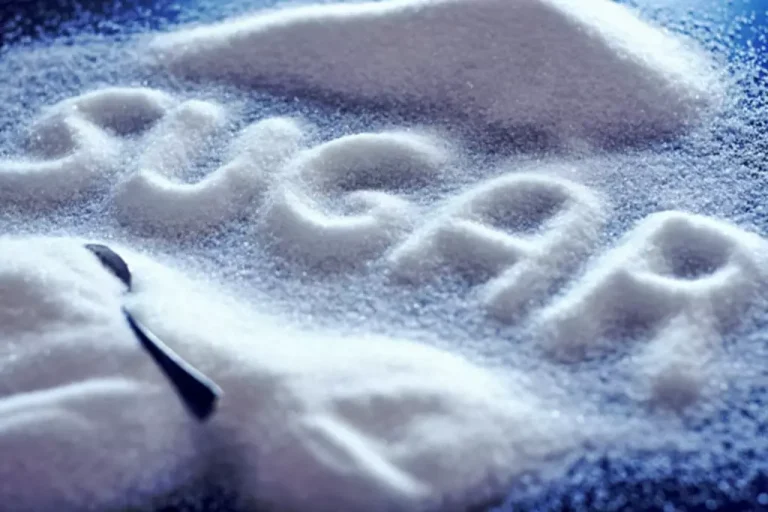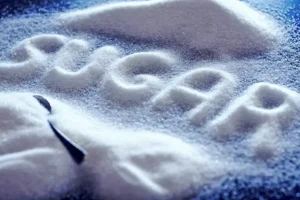Can You Speed Up Alcohol Metabolism? How To Metabolize Alcohol Faster

Alcohol is a diuretic, which can lead to dehydration and electrolyte imbalances. Drinking plenty of water and incorporating electrolyte-rich beverages can help restore hydration levels and support overall health. Electrolytes such as sodium, marijuana addiction potassium, and calcium are vital for maintaining fluid balance, nerve function, and muscle contractions.
- We recently launched our in-app chatbot, Melody, powered by the world’s most powerful AI technology.
- According to Amy Myers, MD, functional medicine physician and founder of Amy Myers, MD, activated charcoal should also be on your list to keep hangovers at bay.
- NUMA Recovery Centers is a detox and rehab center that helps individuals who are struggling with substance use disorder in seeking a path toward recovery.
- These are recommended due to the decreased intake and absorption from chronic alcohol intake, putting alcohol drinkers at higher risk for deficiency.
Support for Recovery
- Taking supplements can help alcoholics in experiencing withdrawal symptoms or undergoing detoxification.
- It helps break down alcohol into less harmful substances, which can then be eliminated from the body.
- Furthermore, long-term alcohol abuse causes prolonged dehydration, leading to deficiencies in electrolytes such as potassium and magnesium, resulting in chronic fatigue and weakness.
- Drinking water alongside alcohol helps the body stay hydrated, which in turn supports all metabolic functions.
The wise emperor caught on to the effects, and centuries later we’re glad he did — especially when it comes to metabolizing alcohol. The reason has to do with the sneaky way it suppresses vasopressin, the hormone that tells our kidneys what vitamins help metabolize alcohol to hold on to water. Ria Health offers several FDA-approved medications for alcohol use disorder. Excessive drinking has numerous impacts on your body and mind, ranging from mild to severe. Experts also remind you to talk to your healthcare provider before introducing new supplements to your diet, especially if you’re taking other medications that could lead to a negative interaction.
Understanding Alcohol Metabolism
In addition, alcohol can affect your sleep—making you more likely to feel tired and groggy in the morning—and irritate your stomach, causing those uncomfortable gastrointestinal symptoms. Natural supplements like prickly pear extract may also help keep hangovers away. « One of the most popular uses for activated charcoal is hangover prevention, » she shares.
- Unfortunately, this process isn’t as quick as we’d sometimes like, and there’s no magic switch to speed it up drastically.
- As a result, body cells are deprived of critical nutrients and normal body functions can suffer.
- While frequent drinking raises alcohol tolerance, which reduces the perceived effects, it doesn’t speed up the liver’s processing ability.
- Mild deficiencies generally exhibit only minor effects on overall health, such as reduced energy levels.
- Addressing the nutritional aspects of alcohol addiction is crucial for both immediate recovery and long-term health.
- Hyperhomocysteinemia induced by ethanol and linked to oxidative endoplasmic reticulum stress triggers apoptosis and increases lipid production 112.
Why is Vitamin Supplementation Essential for Drinkers?
If you’re having issues with your drinking habits, don’t hesitate to seek out treatment options to help you stay sober. Signs of vitamin B deficiency in drinkers may include fatigue, weakness, neurological issues like tingling or numbness, memory problems, and mood disturbances. Severe deficiency can lead to conditions like Wernicke-Korsakoff syndrome, characterized by confusion, coordination problems, and memory loss. Balancing social drinking and dietary supplements requires careful consideration of your overall health and nutritional needs. In addition, ensuring adequate magnesium intake through diet or supplements may help reduce the risk of muscle-related issues. Alcohol affects nutrient absorption by damaging the stomach lining and intestines’ cells, disrupting nutrient transport2.
Physical examinations involve a doctor examining the patient and making evaluations by listening to their heart or observing changes in their skin color and texture. Biopsies involve taking small tissue samples from organs that can then be examined under a microscope for signs of disease. All these digestive complications lead to decreased digestion efficiency, which can result in malnutrition.
The Best Vitamins for a Person With Alcohol Use Disorder

We recommend speaking with your doctor about how heavy drinking has impacted your body, and which supplements will be the most safe and useful for you as an individual. Other new habits, such as regular exercise, mindfulness practice, and a healthier diet, can all contribute to boosting your health in recovery. People who drink alcohol are at higher risk of calcium deficiency, since alcohol interferes with your body’s ability to properly absorb this vital nutrient.

Chronic, heavy drinking can reduce taurine levels in the body, and adding it back in appears to help with withdrawal symptoms and detox. In one study, patients who https://ecosoberhouse.com/ took taurine supplements experienced fewer severe withdrawal symptoms, such as delirium and hallucinations. While supplements can be beneficial, obtaining vitamins from whole foods is always preferable. Citrus fruits, berries, and bell peppers are excellent sources of vitamin C, while nuts and seeds provide vitamin E. It is also important to include healthy fats in your diet, as they are crucial for the absorption of fat-soluble vitamins (A, D, E, and K).
Some Vitamins and Minerals May Reduce Alcohol Toxicity

The research suggests that vitamin C supplementation, in addition to thiamine, should be considered for these individuals. Alcohol use disorder (AUD) can lead to severe deficiency in several vitamins and minerals. Also on Pinto-Garcia’s list of preventive hangover supplements is clove extract, which « may help reduce oxidative stress from inflammation. » However, when the liver has too much alcohol to process, it inhibits the ability to break down acetaldehyde, leaving us with headaches, nausea, and fatigue.
Can vitamins protect the brain from alcohol’s adverse effects?

However, further studies are required to clarify the relationship between alcohol consumption and the intake of vitamin B to be able to provide nutritional management strategies for chronic liver disease. While vitamins are crucial for detoxification, other nutrients also play a significant role in the recovery process. Minerals such as magnesium, zinc, and selenium are essential for various biochemical reactions in the body and can help support detoxification. Magnesium, for instance, is involved in over 300 enzymatic reactions and is crucial for energy production, muscle function, and nerve transmission. Alcohol consumption can lead to magnesium depletion, which may contribute to symptoms such as muscle cramps, fatigue, and irritability. Including magnesium-rich foods like leafy greens, nuts, seeds, and whole grains can help replenish this vital mineral.
